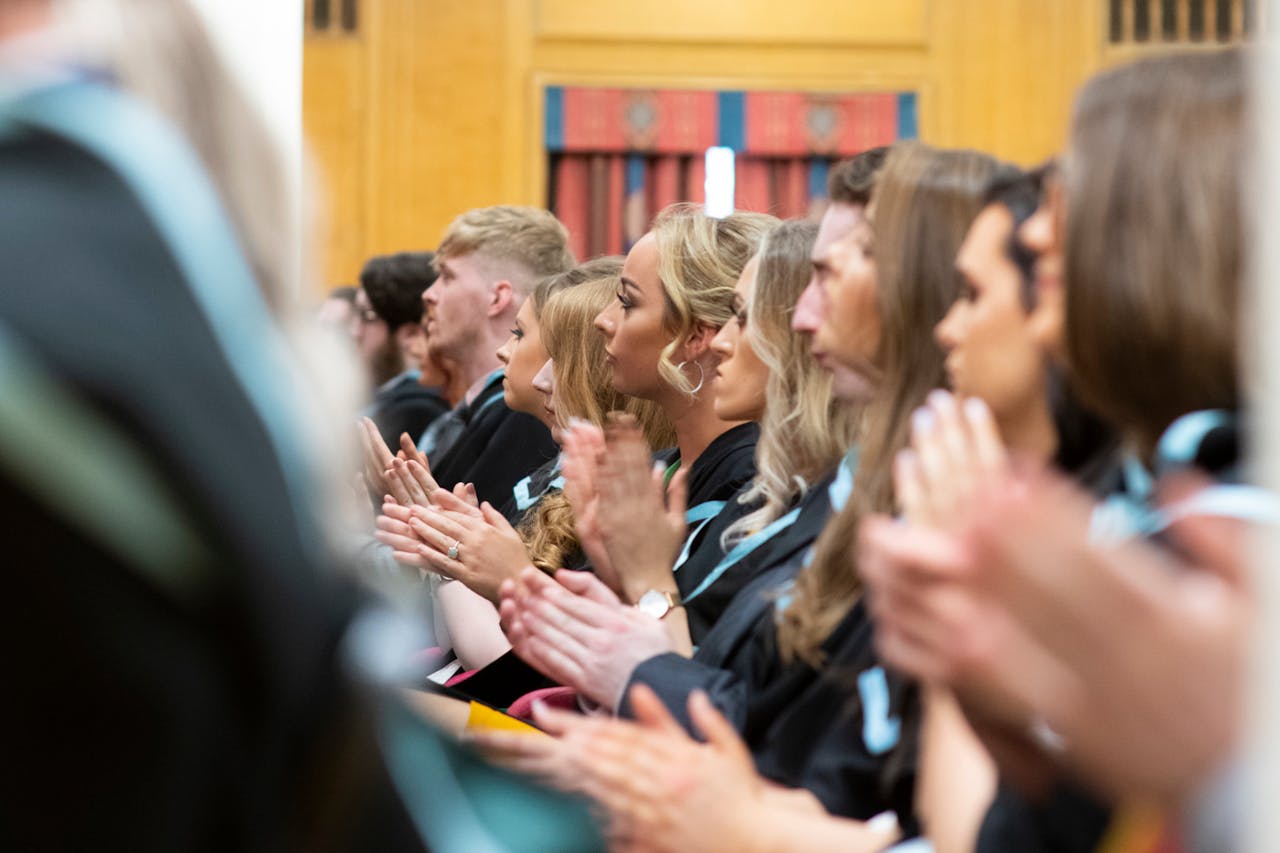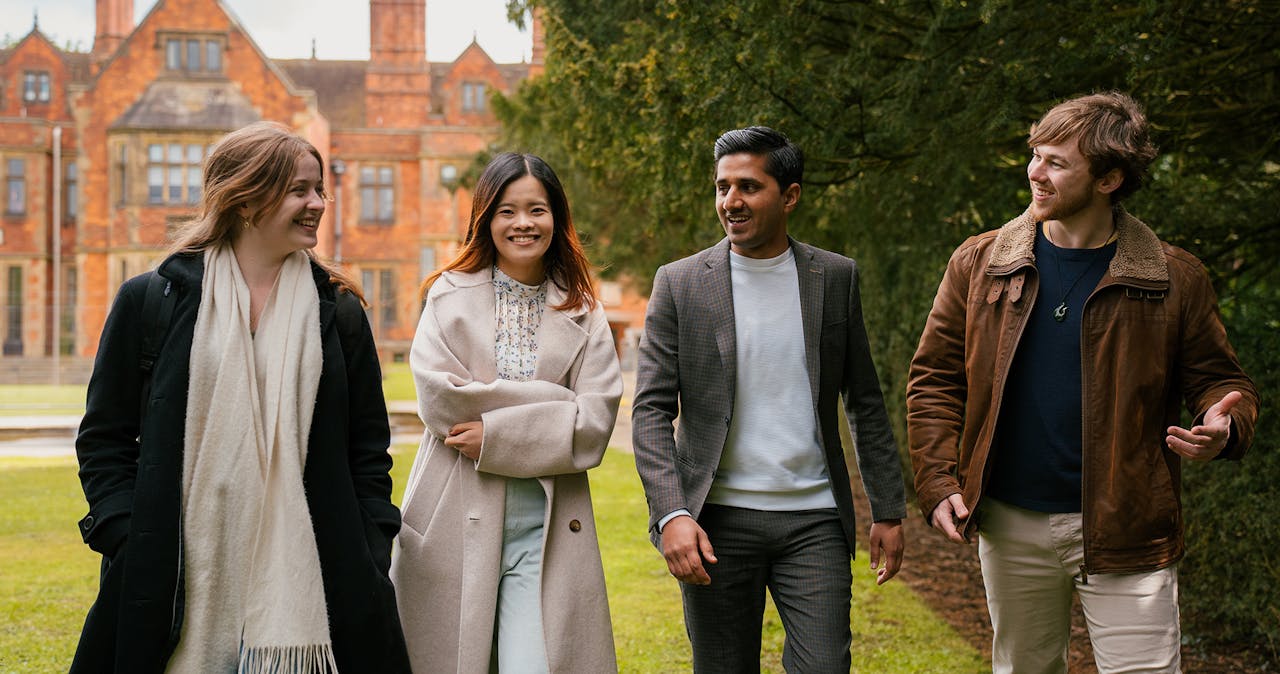How can you help service students prepare for university?
As service children may only have one parent supporting them through school, providing extra support to these students is vital, especially as they are starting to consider their post-16 options. According to a report from 2016, ‘up to 4 out of 10 children who, if in the general population would go to university, do not go if they are from a military family’.[9] This under-represented group therefore needs further support from schools in helping these students achieve their potential and continue with their studies. Specifically, teacher support is vital when they are making their application to university. It is important that the student is aware of where to include this contextual information about their family when applying to university. As there is no place on the UCAS application form to include this information, there is all the more reason for the student to draw upon their experiences in the personal statement. In order to speak about this, you could discuss with the student their childhood and school experiences and together, you could make a list of their strengths and how these experiences have prepared them for university study. For instance, service children typically:
- Have a strengthened resilience and are familiar with adapting to new surroundings and environments
- Have developed advanced social skills
- Potentially have experience of foreign languages and different cultures
- Have experience of travel
- Compared to most students, they will have a greater sense of independence and self-confidence from these experiences
These notes, along with academic interest, could then be used by the student to write a draft of their personal statement for you to review. If the student consents, this contextual information should be corroborated in the teacher reference as this will verify their situation and again, can be drawn upon to highlight their academic achievement and perseverance. As some universities may not read the references until a later date, we would also suggest that you contact the admissions teams at the chosen universities to inform them of their circumstances - informing them early on will ensure that nothing has been missed.
As with other students, speaking to them about the UCAS application process, including which courses require interviews or tests, as well as student finance and attending open days, will help them make an informed choice. If students are unable to attend open days, there are many virtual tours of universities on their websites and you could refer to Advancing Access’s collection of case study videos from each Russell Group university which will help them gain an insight into different universities and courses.
If a service child changes school whilst they are in the process of writing their personal statement and selecting universities, please try to ensure adequate communication between your school/college and the new institution. Whilst this may be difficult, informing them of the student’s progress will help the transition and it will hopefully guarantee support at the new institution. The student may already be aware of their next steps from your meetings but speaking to them about where they are and what comes next will ensure they are prepared and informed before they leave.
We will be keeping an eye out for any further support which is made available for service children in the future and we will let you know what’s available as soon as we can.



